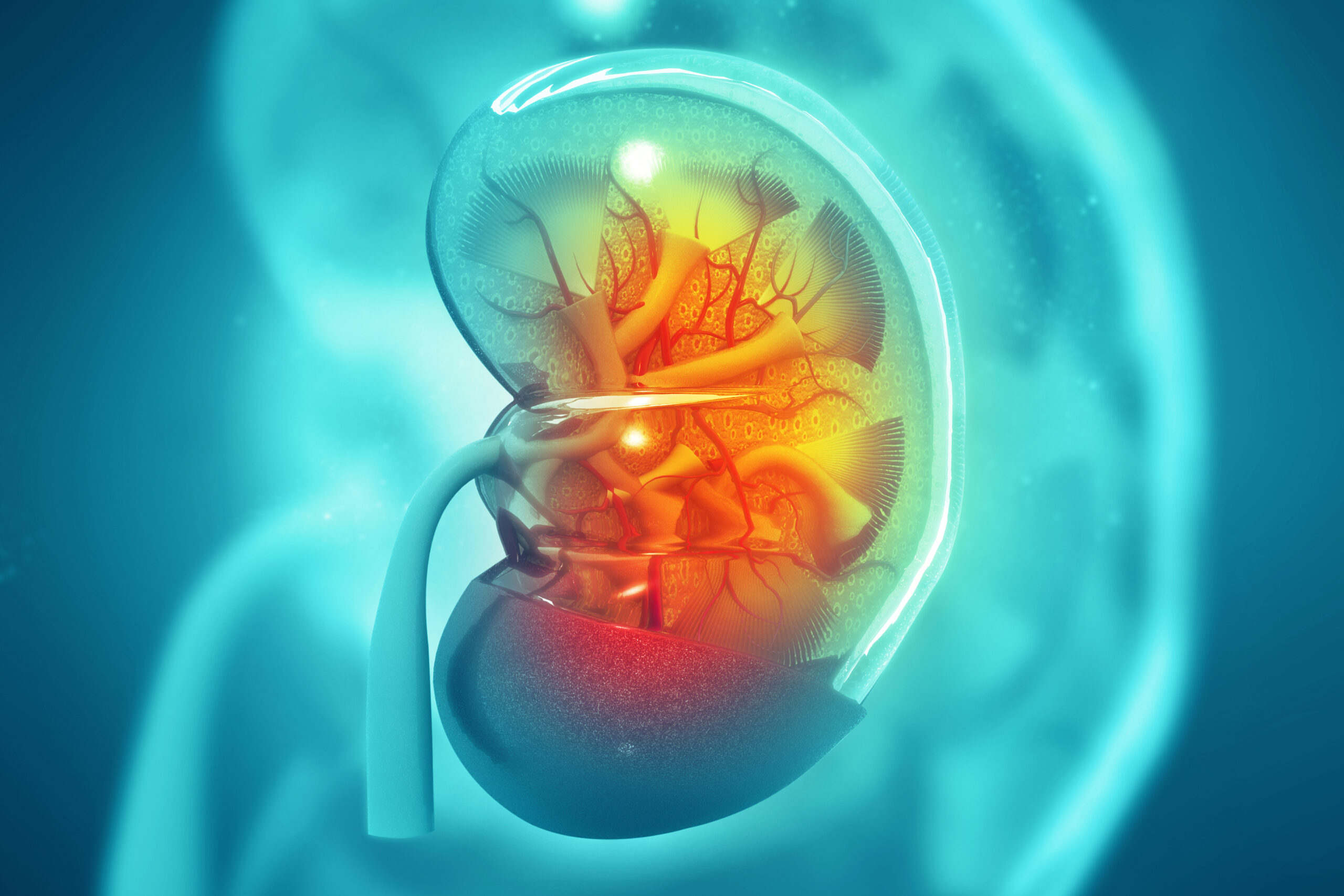Kidney stones are a common urological issue that can cause significant pain and discomfort. Both natural approaches and medical interventions are evaluated when seeking relief from kidney stone symptoms. Understanding the available options and their potential roles in management is valuable for individuals seeking to address this condition. Here is more information on mens health, kidney stones, and treatment options:
What Is Involved in Mens Health?
Mens health covers the prevention, diagnosis, and management of health concerns that affect the male population. Urological issues, including kidney stones, are frequently addressed in mens health settings. Evaluation of urinary tract symptoms, regular assessments, and early intervention form central aspects of care. Men may be better positioned to deal with health challenges such as kidney stones by focusing on preventive care, education, and risk management.
What Is a Kidney Stone?
A kidney stone is a solid deposit formed from minerals and salts that accumulate in the kidneys. Stones can vary in size and composition, with calcium oxalate being the most prevalent type. Some stones remain small and pass unnoticed, while others become larger, leading to ureteral obstruction and symptomatic episodes. The process of stone formation is known as nephrolithiasis.
What Are the Causes and Symptoms?
Kidney stones form for various reasons. Dehydration, dietary factors, genetic predisposition, and certain metabolic conditions may contribute to stone development. High intake of oxalate-rich foods, elevated urinary calcium, and imbalances in urinary pH are often implicated. Family history and medical conditions like obesity or gout also play a role.
Symptoms vary depending on the size and location of the stone. Standard features include severe pain in the flank or lower back, blood in the urine, nausea, vomiting, and frequent or painful urination. Some individuals may also experience cloudy or foul-smelling urine, fever, or chills, particularly if infection occurs.
What Natural Remedies Provide Relief?
Hydration is a primary recommendation for those experiencing kidney stones. Drinking sufficient fluids may facilitate the passage of smaller stones. Dietary modification is also practiced, with reduced salt and animal protein intake sometimes associated with lower stone risk. Consumption of fruits and vegetables, especially those rich in citrate, may also have a potential benefit.
Specific herbal preparations and supplements are helpful for individuals seeking natural relief. Examples include lemon juice, thought to have citrate content, and herbal teas containing Phyllanthus niruri. While these approaches may relieve some symptoms, their use should be discussed with a healthcare provider.
What Are the Available Treatment Options?
Medical management often begins with pain control and symptom relief. Pain relief medications are frequently utilized. Alpha-blockers may be prescribed to relax the ureter and support stone passage in select cases.
Further interventions depend on stone size and composition. Shockwave lithotripsy uses high-energy sound waves to break stones into smaller fragments, which can pass more easily through the urinary tract. Ureteroscopy or robotic/laparoscopic surgery may be evaluated if stones are too large or painful to pass naturally. Medical expulsive therapy and dissolution treatments, such as medications aimed at altering urinary chemistry, are sometimes offered for certain stone types.
Find Relief From Kidney Stones
Kidney stone relief involves a range of strategies, from increased hydration and dietary changes to advanced urological procedures. While natural approaches may support mild cases, medical intervention can address more complex or severe episodes. Individuals experiencing symptoms or recurrent episodes should consult a healthcare professional to discuss appropriate evaluation and treatment options tailored to their needs.





Leave a Reply